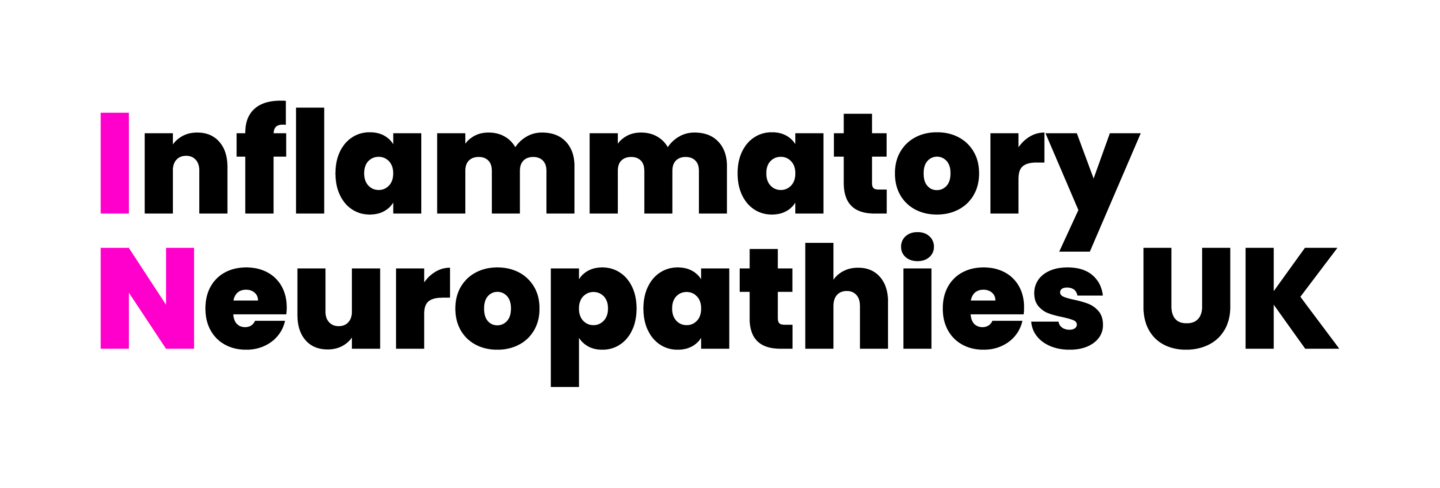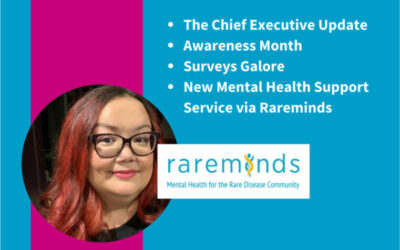Advice on Guillain-Barré Syndrome (GBS)
So, you have had a Guillain-Barré Syndrome (GBS) diagnosis, and you are trying to understand what this means. Where do you for advice? This blog looks at who you can speak to, and where to turn for some useful input. If you want to know more about the GBS journey, then check out our other blogs in this GBS series.
GAIN
Of course we are going to put ourselves first! Whatever you want to know about GBS and the GBS journey, feel free to turn to us for unbiased, non-judgemental advice and support. We are here to help directly whenever we can, or to point you in the right direction if we can’t help ourselves. Just give us a ring on 01529 469910, email on office@gaincharity.org.uk. Or message us on socials @gaincharity.
Neurologist
Your Neurologist should be able to provide you with lots of information about your condition and what that means. Make sure you ask lots of questions before you are discharged, and if you don’t understand what they are telling you, then please don’t be afraid to ask them to use simpler terms. It’s also good to ask them to be really honest with you. Prepare for a conversation by writing down the questions you want to ask, and have someone with you because you may not remember everything they say. It can be hard to get an appointment with a Neurologist after you are discharged, so be sure to make the most of your time while you have access to them.
GP
Once you are discharged, your main point of contact with health services will be through your GP. However, as GBS is so rare, most GPs will have limited knowledge of the condition, and will only probably see a few cases throughout their whole career. While they may not be able to answer all your questions, a good GP will go out of their way to find answers, and to make sure you have access to the support you need. They can always ask a colleague or make a referral to an expert if they don’t know.
Health and Care Professionals
There are a range of health and care professionals that you can link into, often through your GP. These will be physiotherapists, speech and language therapists, occupational therapists, and maybe even social workers. Don’t be afraid to ask for a specialist if you have needs. GAIN are happy to help you find the right person, just give us a shout.
Citizen’s Advice
Sometimes we need specialist advice around benefits, work, housing, law, and finance. Citizen’s Advice can provide free support to help with these tricky issues. There will be a Citizen’s Advice office close to you or you can access help online. You can find out more here – Citizens Advice – as well as links to the services in all parts of the UK.
Charities and Community Groups
There are lots of different charities and community groups out there who can help with any ongoing needs, they don’t need to be GBS or neurological specialists. Many people find really amazing support through local Social Prescribers attached to their GP practice, or through local support groups. These may be activities such as art, drama, or social groups; support with access to food such as through food banks and community pantries; emotional and mental health support; or befriending groups and carer support. Try contacting your local Community and Voluntary Service for local groups, or ask the GAIN office and we will have a look.
Ongoing GBS Support
GAIN is here to support people and families impacted by GBS, offering information, advice, and guidance; providing practical support where it is needed; funding and undertaking research; and raising awareness. If you’re looking for support, to have a chat or ask questions, why not join our monthly Get Togethers or sign up for our GBS Newsletter.
If you want to know more then you can read our blog series on GBS, or reach out to us, we are more than happy to support.




